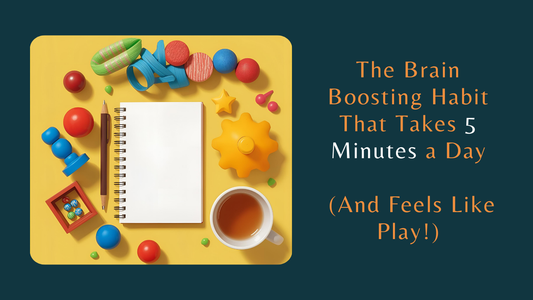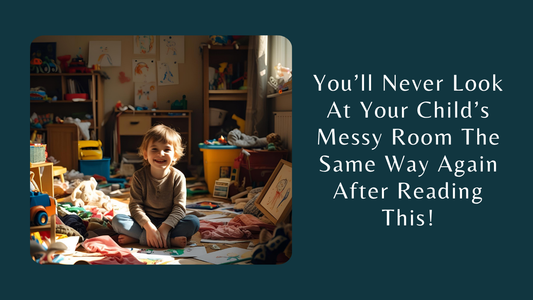Good manners are an important life skill. They help children to be polite, respectful, and considerate of others.
Here are some tips on how to teach your child good manners:
Start Early
It's never too early to start teaching your child good manners. Even young children can learn to say "please" and "thank you." As your child gets older, you can introduce more complex manners, such as table manners and social etiquette.
Here are some tips for teaching your child good manners early on:

Start with the basics: Teach your child the basics of good manners, such as saying "please" and "thank you," and using kind words.
Be a role model: Children learn by example. Be sure to model the good manners you want your child to learn.

Be patient: It takes time for children to learn good manners. Don't get discouraged if your child doesn't always get it right.
Make it fun: Make learning good manners fun by turning it into a game or a song.
Be consistent: Be consistent in your expectations and your corrections.
By following these tips, you can help your child develop good manners that will last a lifetime.
Lead by Example
Children learn by watching their parents. If you want your child to have good manners, you need to model those behaviours yourself. Say "please" and "thank you" to your child and be polite to others.
Here are some specific examples of how you can lead by example:

Use kind words. Talk to your child and others in a kind and respectful way.
Be patient and understanding. Show your child how to be patient by waiting your turn and listening to others.

Be helpful. Help others without expecting anything in return.
Be grateful. Show your appreciation for the things you have.
By leading by example, you can teach your child the importance of good manners in a positive and effective way.
Be Consistent
It's important to be consistent when teaching your child good manners. Don't expect your child to be perfect all the time. But if your child is behaving rudely, gently remind them of the correct behaviour.
Positive Reinforcement
When your child exhibits good manners, be sure to praise them. This will help them to continue to behave in a polite and respectful way.
Here are some specific ways to positively reinforce your child's good behaviour:

Specific praise: Instead of saying, "Good job," be specific about what your child did well. For example, "I really appreciate you saying 'please' when you asked for a cookie."
Non-verbal praise: A smile, a hug, or a high-five can be just as effective as verbal praise.

Positive attention: Spend time with your child doing something they enjoy. This will show them that you appreciate their good behaviour.

Rewards: For older children, you can use rewards to reinforce good behaviour. However, it's important to choose rewards that are age-appropriate and that don't create unhealthy expectations.
By using positive reinforcement, you can help your child develop a lifelong habit of good manners.
Avoid Negative Reinforcement
Yelling at your child or punishing them for bad behaviour can damage their self-esteem and make them less likely to want to cooperate. It's important to find positive ways to address misbehaviour.
Here are some tips for avoiding negative reinforcement:

Use "time-outs." Time-outs can be a helpful way to give your child a chance to calm down.
Redirect your child's attention. If your child is misbehaving, try to redirect their attention to something else.
Set clear expectations. Let your child know what behaviours are expected of them.
Be consistent. Be consistent in your expectations and your corrections.
By avoiding negative reinforcement, you can create a positive learning environment for your child.
Here are some specific manners that you can teach your child:

Table manners: Teach your child to eat slowly and chew with their mouth closed. They should also avoid talking with their mouth full.
Social etiquette: Teach your child how to greet people, introduce themselves, and carry on a conversation.
Respect for others: Teach your child to be respectful of others, regardless of their age, race, or religion.
By following these tips, you can help your child develop good manners that will last a lifetime.




